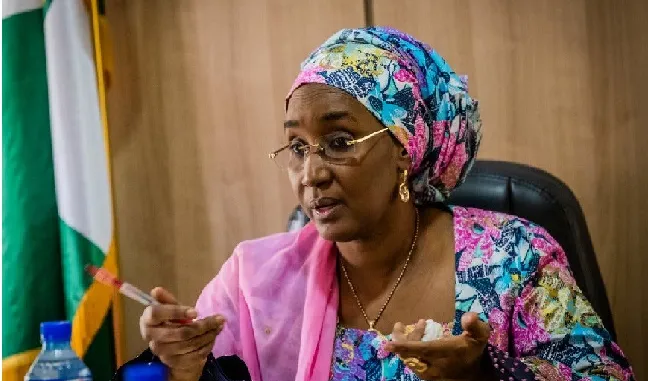The Federal Government has earmarked 1.2 million dollars to ensure that about 5,500 Nigerian students, currently schooling in Sudan and other citizens are safely returned.
Rep. Lynda Chuba-Ikpeazu, a member of the ECOWAS Parliament, said this at the presentation of the Country Report on Nigeria at the ongoing First Ordinary Session of the ECOWAS Parliament on Tuesday.
Chuba-Ikpeazu also said the Nigerians in Diaspora Commission (NiDCOM) had positively responded to the evacuation of stranded Nigerian citizens in Sudan.
“The NiDCOM has positively responded to the evacuation of stranded Nigerian citizens in Sudan as the raging conflict in the country intensifies.
“For the smooth execution of this exercise, the Federal Government of Nigeria has earmarked the sum of 1.2 million dollars to ensure that about 5,500 Nigerian students currently schooling in Sudan and other citizens of the country are safely returned to Nigeria.”
On the recently concluded elections in Nigeria, she said the voter turnout was low, in spite of the enthusiasm, awareness and campaigns.
“Out of the total 93.47 million registered voters, only 24.9 million persons voted in the presidential and National Assembly elections.
“This represents a meagre 26.72 percent voter turnout, the lowest since the return to democracy in 1999.”
Chuba-Ikpeazu, however, attributed the low turnout to some technical hitches in a technological device, Bimodal Voter Accreditation System (BVAS).
As reported by the nation’s electoral body, Independent National Electoral Commission (INEC), the BVAS was designed to capture the biometrics of prospective voters and upload polling results.
Some other reported challenges were the late arrival of election materials, and ad hoc staff, as well as setting up in the wrong locations.
She also said the Central Bank of Nigeria (CBN) announced the naira redesign in October 2022, demonetisation, and the introduction of a new cashless policy.
She, however, said the inability of eligible voters to travel for the elections due to unavailability of cash contributed to low turnout and undermined the credibility of the outcome of the elections.
She further said the cash and fuel scarcity, also experienced earlier in the year, contributed to inadequate mobility and security for INEC.
The electoral body could not hold polls in all the polling units across states in the federation in a safe and secure setting.
On the economy, she said, the government was leveraging on the country’s international partnerships to stabilise the economy.
Chuba-Ikpeazu said this followed a World Bank report that Nigeria used 96.3 per cent of its revenue, generated in 2022, to service debt.
It also stated that the constant fiscal deficit had aggravated the nation’s public debt stock.
“The fiscal deficit was estimated at five per cent of GDP in 2022, breaching the stipulated limit for a federal fiscal deficit of three per cent.
“This has kept the public debt stock at over 38 per cent of GDP.
“As a result, the GDP is projected to be negatively impacted by the trade and financial flow repercussions of the anticipated global economic slowdown in 2023.”
Also, on the status of the implantation of Community Texts, the ECOWAS parliamentarian said Nigeria had “remitted a total sum of N307,654,790,928 which is 515,379,290 in the units of accounts value to the ECOWAS Commission” in 2023.
Moreso, she said, the Nigerian Government was committed to fulfilling its financial obligations to ECOWAS, and was making arrangements to pay up any outstanding balance for the year.
Meanwhile, the President of the ECOWAS Commission, Dr Omar Alieu Touray, would make a presentation on the implantation of the Community Work Programme on Wednesday.



